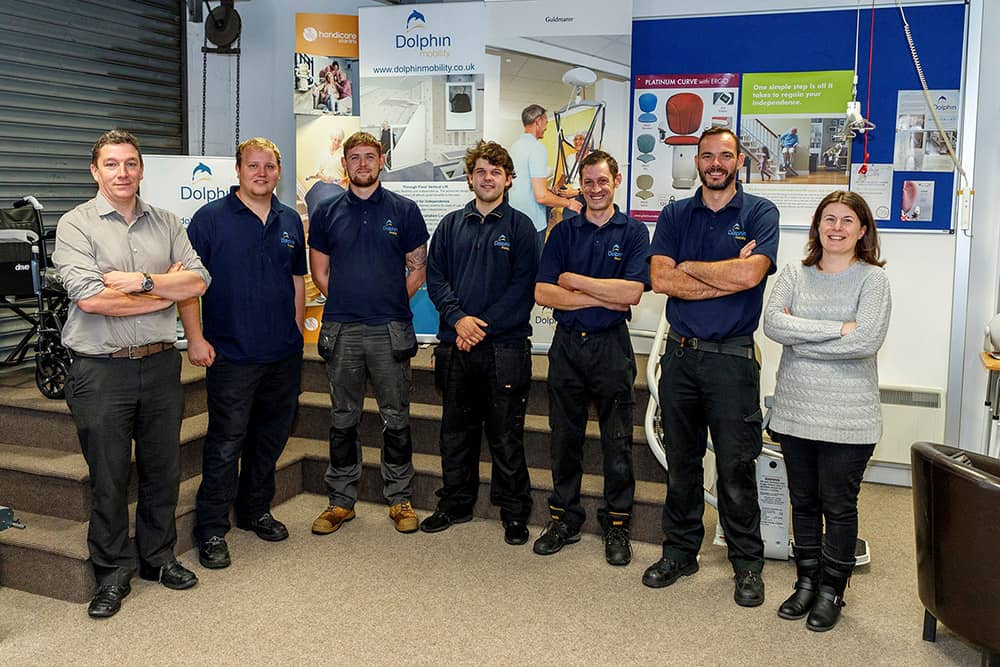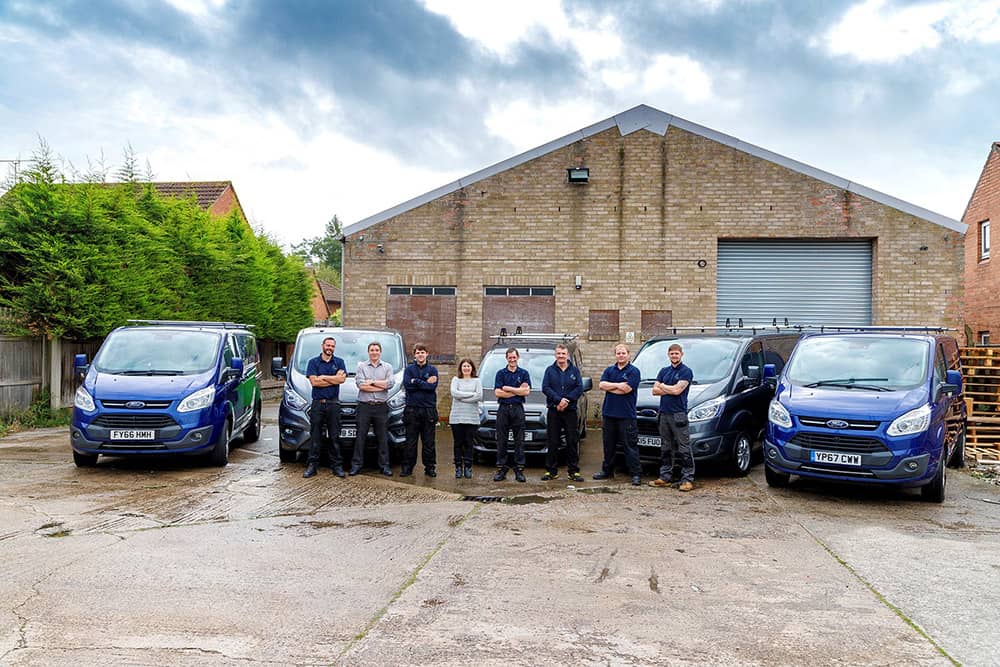Guest Blog: How to determine if a company will provide good customer service when buying mobility and independent living equipment

In any aspect of business and in any sector, the importance of customer service cannot be understated, however, in the mobility, independent living and assistive technology sector where companies are working with vulnerable customers, its significance is amplified.
For customers, however, what constitutes good customer service and how can consumers be sure the company they work with will provide it?
Gareth Watkinson, Managing Director of Dolphin Mobility Yorkshire and Cumbria, shares some tips on how consumers can gauge and value good customer service.
By Gareth Watkinson
Generally, when people are tasked with making large, expensive or strategic purchases, particularly of products they have little or no experience; they are conditioned to playing it safe. After all, no one wants to be accused of making a bad decision, or humiliated or forced to justify squandering thousands of pounds on a turkey?
When faced with a difficult or complex purchasing decision, we often like stick to well-known suppliers, big brand names and are psychologically programmed to regard and value aesthetics highly. Product function and specification will be important. as will the cost and the expense of purchasing.
It is perfectly understandable that many purchasing decisions are S.A.F.E: Supplier, Aesthetics, Function and Expense. There is nothing intrinsically wrong with this, indeed many companies invest heavily in brand strategies, re-styling products and creating fancy features with slick and glossy promotional practices to ensure their customers are persuasively informed and constantly reminded.
However, safe purchasing tends to concentrate on known material aspects when comparing and buying, such as product features, dimensions and price. Less attention is generally given to the indeterminate and intangible such as delivery time, maintenance, reliability and after sales customer service.
Nowadays, we expect good service and will all have personal and varying definitions of what each of us expects. Unfortunately, it is not always easy to assign a fiscal value to customer service, particularly while getting excited and carried away by the looks, functions, features and benefits of new products and merchandise.
One method of assigning a value to customer service, delivery time, maintenance and other intangibles is to consider the implications of any delays or downtime to product delivery or function, for say mobility products such as stairlifts, hoists or specialist beds, installed in the homes of the disabled and elderly. The cost of delays to proviso of homecare products, equipment and services is well documented and can range to thousands of pounds.

It is not always easy or obvious to gauge an aftersales service until it has been experienced or tested, so how can consumers ascertain if a prospective product and customer service will live up to their expectations before taking the plunge?
Well, there are a few indicators to help:
- Ask how reliable a product is, ask for several references or contact a Local Authority service provider, who may be able to advise which products under their care have the best reliability record.
- Enquire about any extended warranty available and check if the warranty is all inclusive or if there are hidden charges for call outs, labour, wear and tear, parts etc.
- Check what the service rates and frequency is, does the service charge cover any replacement parts?
- Check on the level of breakdown cover, is it 24/7 or only during office hours? Does the company operate a manned emergency call service or a simple answering-machine?
- When asking questions or making initial enquiries, are staff friendly informative and helpful, or are they slow, vague and unsure?
- If sales representatives call, do they spend time ascertaining needs, circumstances, problems and solutions or concentrate on budgets, prices and deals of the day?
- Does the company pro-actively keep clients fully informed at each stage of the sales process, or wait for frustrated clients to call them?
- Are promises kept, or habitually let down?
- Enquire if the company is a member of any trade associations such as the BHTA and whether it has signed up to any industry codes of practice.
Perhaps by giving more prominence to customer Service and Treatment will prove to be the S.A.F.E.S.T way to buy in the end.


